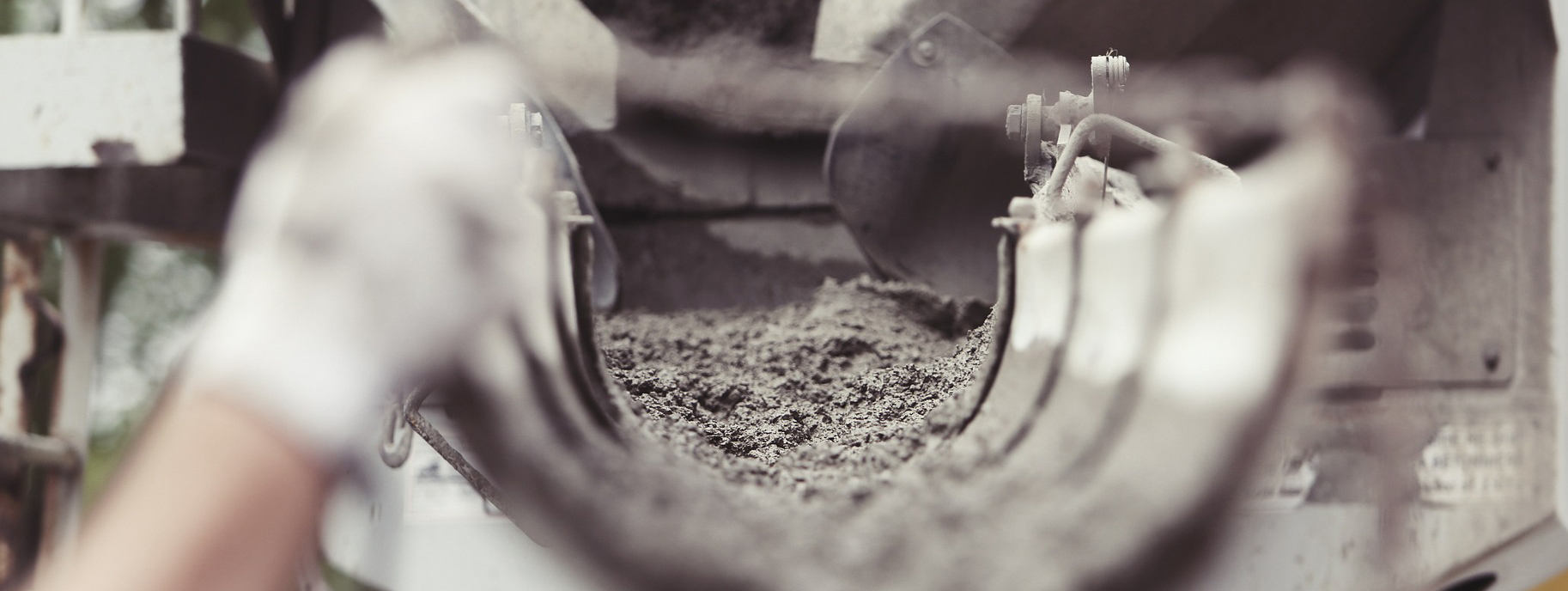CONCRETE

Dajaković d.o.o. produces different kinds of high-quality concrete in its factories. We offer concrete of various compressive strengths for different conditions of exposure – from concrete resistant to sea salt to concrete resistant to cycling freezing and thawing.
In addition to the high standard of quality of the concrete we supply, we have also proven ourselves as reliable partners that apply qualities such as speed, flexibility and competence in business with our clients.
We offer the following types of concrete:
Concrete with a maximum aggregate particle size of 16 and 32 mm. Compressive strengths available (N/mm²): C8/10, C12/15, C16/20, C20/25, C25/30, C 30/37, C35/45, C40/50
Concrete with a maximum aggregate particle size of 16 and 32 mm, suitable for compression in concrete pumps. Compressive strengths available (N/mm²): C20/25, C25/30, C 30/37, C35/45, C40/50
Waterproof concrete has a composition that does not permit the penetration of water under a certain amount of pressure. Tested according to HRN EN 12390-8. Waterproof concrete is important in all works that demand maximum resistance to water penetration, such as water tanks, pools, nozzles, cellars and cellars below the level of groundwater, etc.
Shotcrete is installed by spraying a concrete mixture by pushing it through special nozzles under high pressure and directing it at the desired surface.
Concrete with a smaller volumetric mass than that of regular heavyweight concrete ( < 2000 kg/m³) , with the addition of other lighter materials (styrofoam, liapor). The advantages of lightweight concrete are reduction of the weight of the construction and good thermal and acoustic insulation. It is largely used for roof constructions, terraces and consoles.
- resistant to the effect of frost and de-icing salt
- resistant to the effect of frost
Adding steel fibres improves the durability and impact resistance of concrete, achieving maximum tensile strength with minimum compressive strength. This concrete is suitable for internal and external flooring.
During the production of concrete in the plant, polypropylene fibres are added and evenly distributed during the mixing process. Polypropylene fibres help in reducing the cracks that occur due to retraction. Owing to all these features, this type of concrete is used in the repair of structural damage, protection of slopes and fire-resistant armoured concrete elements.
Self-compacting concrete is a special type of concrete with innovative features that significantly distinguish it from all other types of concrete. Using self-compacting concrete allows for greater efficiency and shorter construction time. The fluidity of the concrete and high level of resistance to the segregation of components during flow ensures a final product of an exceptionally homogeneous structure with a minimal number of holes, even compressive strength and high-quality final surface. This, in turn, improves the durability of constructions made from self-compacting concrete.
The addition of retardants gives this concrete a longer setting time, thus making it suitable for transport across great distances.
